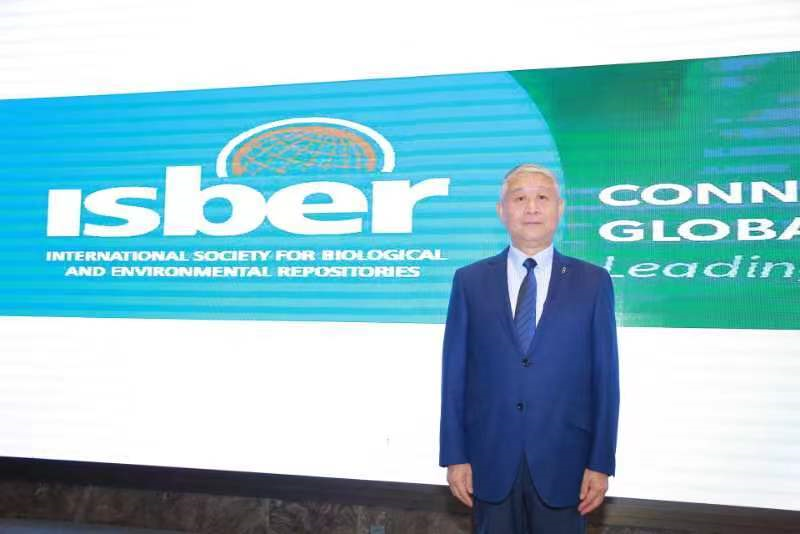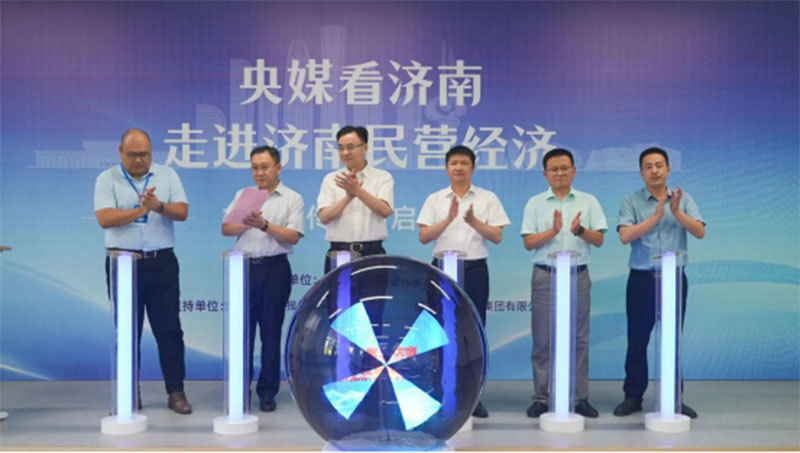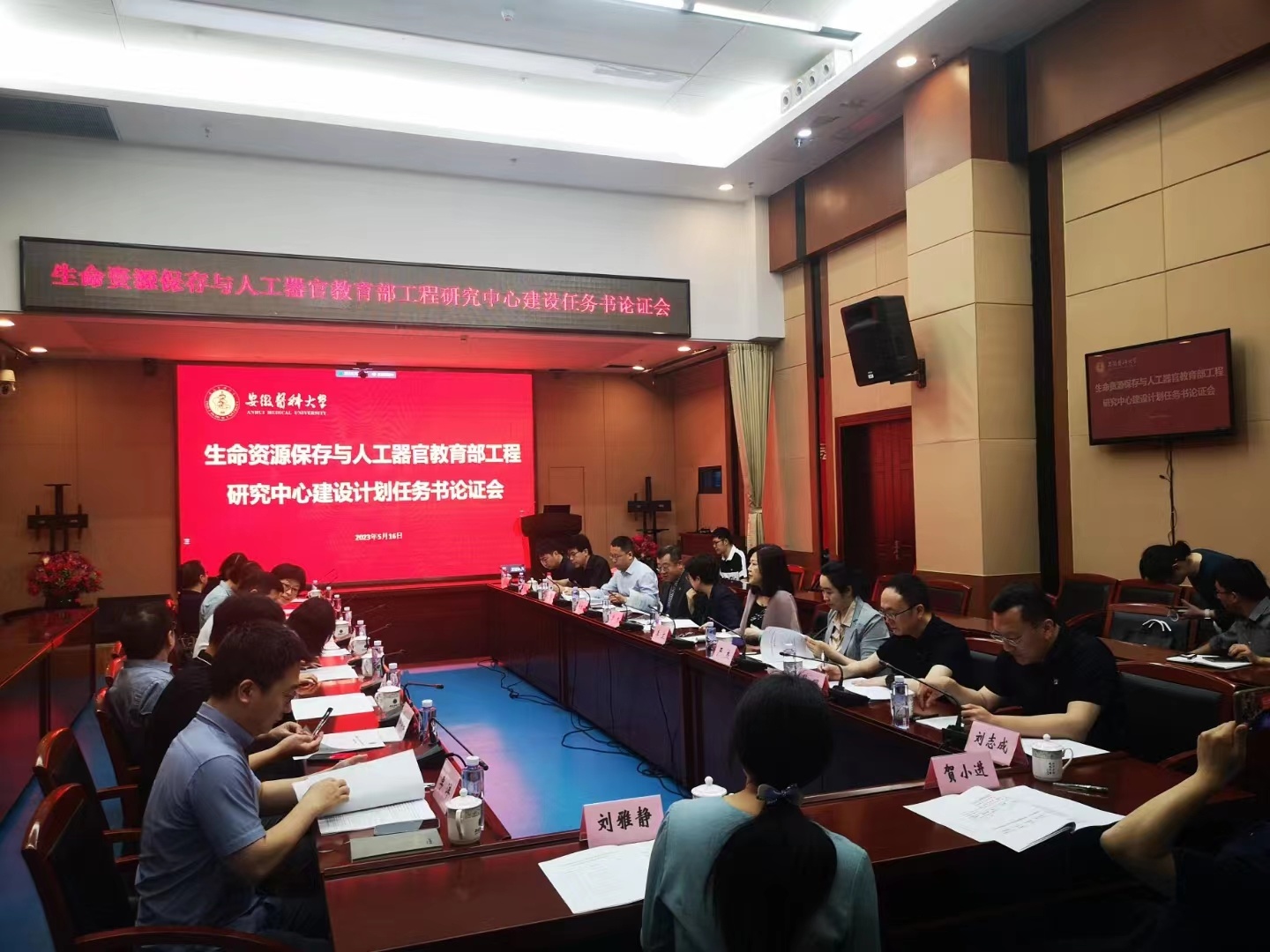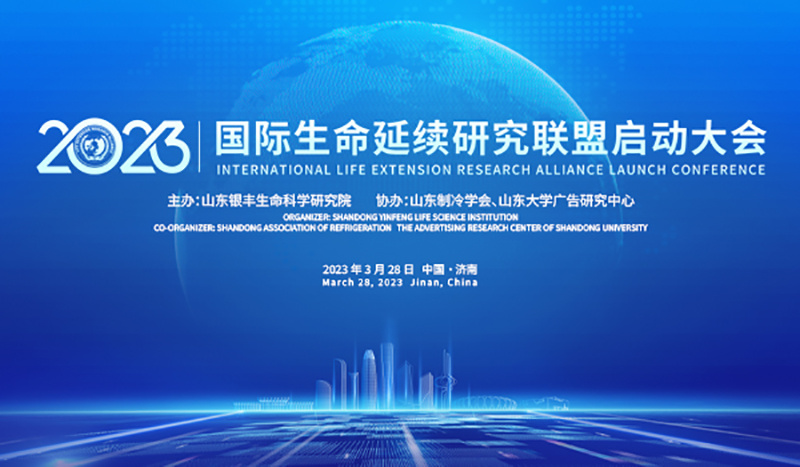New Progress in China's BCI Technology! Paraplegic Patient Achieves "Brain-Controlled Water Drinking"
Release time:
2024-03-01
Recently, a team from Xuanwu Hospital Capital Medical University and School of Medicine, Tsinghua University used a BCI with implantable epidural electrodes to enable a quadriplegic patient to autonomously perform brain-controlled functions such as drinking water.
The patient had a complete spinal cord injury at the cervical vertebra due to a car accident, and had been in a state of quadriplegia for a long time. on October 24, 2023, the research team carried out the first clinical implantation trial of the wireless minimally invasive-implantable BCI for the patient, where neurosurgeons implanted two coin-sized BCI processors into the patient's skull, and the prosessors successfully capturing intracranial nerve signals from the sensorimotor encephalic region.
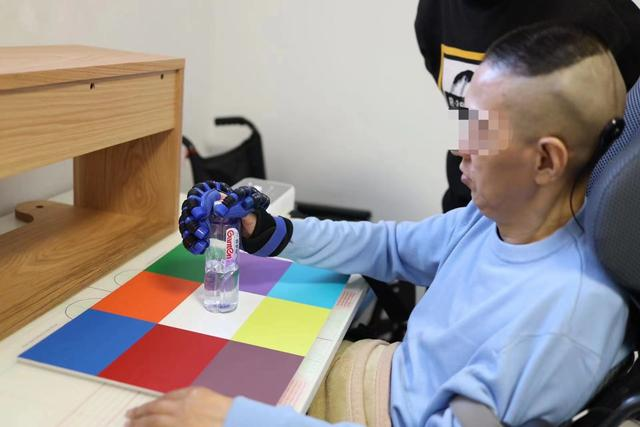
After three months of home rehabilitation training, the patient is now able to control the pneumatic gloves through brain electrical activity to autonomously perform brain-controlled functions such as drinking water. The patient's spinal cord injury clinical index and somatosensory evoked potential measurements have improved.
It is reported that the implantation of a second spinal cord injury patient was successfully completed at Beijing Tiantan Hospital on December 19, 2023. The signal reception is normal, and the patient is currently receiving rehabilitation training at home.
Latest developments
On August 23, the Jinan Private Economic Development Bureau and China Economic Weekly jointly launched the theme publicity activity of "Central Media Look at Jinan - Entering Jinan's Private Economy" in Yinfeng Biotechnology Park.
Led by Anhui Medical University and participated by Yinfeng Cryogenic Medical Technology Co., Ltd., the "Engineering Research Center for Life Resources Conservation and Artificial Organs of the Ministry of Education" was officially accepted and awarded by the Ministry of Education. As one of the four major platforms for the transformation of the center's project, Yinfeng Cryogenic Co., Ltd. is responsible for the "development, promotion and application of cryogenic preservation technology of biological matrix materials".
On March 28, 2023, the kick-off meeting of the International Alliance for Life Extension Research was held in Jinan, Shandong. The "International Alliance for Life Extension Research" was initiated by Shandong Yinfeng Life Science Research Institute, and jointly established by 13 international scientific research institutions engaged in the field of cryogenic biomedicine from North America, Europe, Oceania, etc., and appeared at the conference through online and offline forms.




